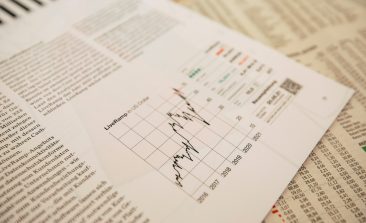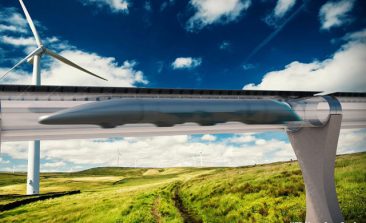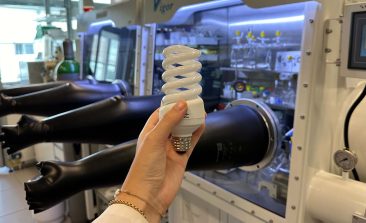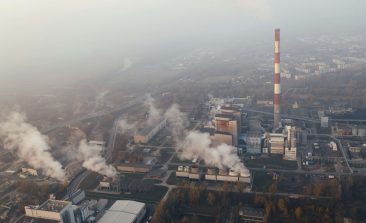9 Results for: ETH Zurich
Machine Learning Model to Identify and Classify Global Climate Finance Flows
ETH Zurich researchers unveil ClimateFinanceBERT, a Machine Learning model exposing inaccuracies in reported global climate finance.
Interview: EcoVision Lab Is Mapping Biomass for the Good of the Planet
The EcoVision Lab at ETH Zurich is developing a tool that can accurately map biomass - all over the world - using remote sensing data. They hope it will make land-use planning more objective, transparent and environmentally-friendly, as well as protecting forests and biodiversity throughout the globe. We spoke to two of the brains behind the project.
Wind Power – The New Aircraft Flying High to Harvest Green Energy
Higher, more efficient and definitely more mobile - students at the ETH Zurich are breaking new ground with a special airborne device for harvesting energy from the wind.
“One sensor in every single river”: An Interview with Jessica Droujko of Riverkin
Jessica Droujko loves rivers. In order to better protect them, she founded the start-up Riverkin, which uses a special sensor to measure the health of bodies of water.
Hyperloop: These Swiss Students Could Be Pioneering the Future of Transport
Hyperloop presents many with hope for a green revolution in our transport systems. Could these Swiss students be at the helm?
A Use for Electronic Waste: Start-up “REEcover” Wants To Make Rare Earth Metals Recyclable
Less than one percent of rare earth metals are recovered from electronic waste recycling in Switzerland. The start-up "REEcover" has developed a process that makes the recovery of raw materials easier, more economical and more sustainable.
Reducing CO2 Emissions by Capturing Carbon With Light
Net zero will only be achieved if we capture the excess carbon in the atmosphere. Thanks to new research, capturing carbon with light is now a viable, cost-effective method of carbon capture.
Vegan Meat: A Climate-Friendly and Healthy Alternative?
Meat substitutes are booming - but what are vegan substitutes actually made from? And, are they actually nutritious?
Turning Electronic Waste Into Gold with Whey Protein
Electronic waste is not only resource intensive, but, recycling it is also inefficient. Could this common food byproduct improve the process, and is this really the best solution, after all?








